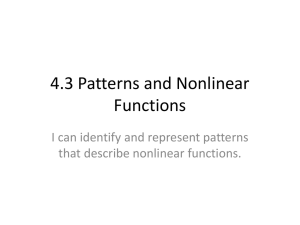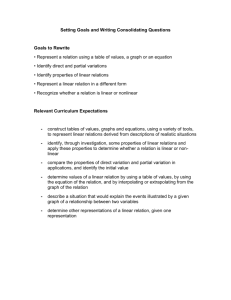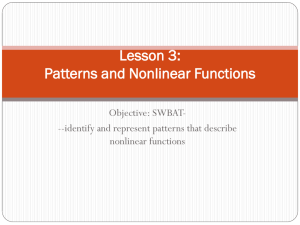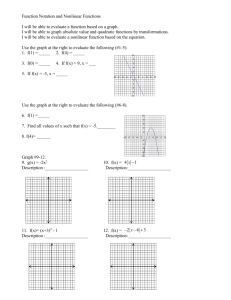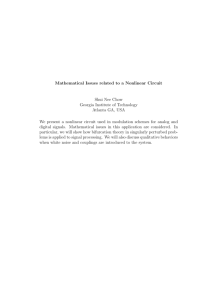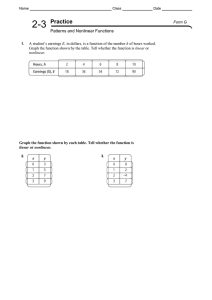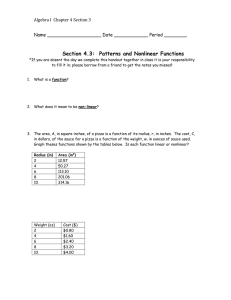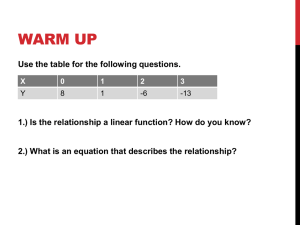Abstract Title: Integrated Research and Education in Nonlinear Modal
advertisement
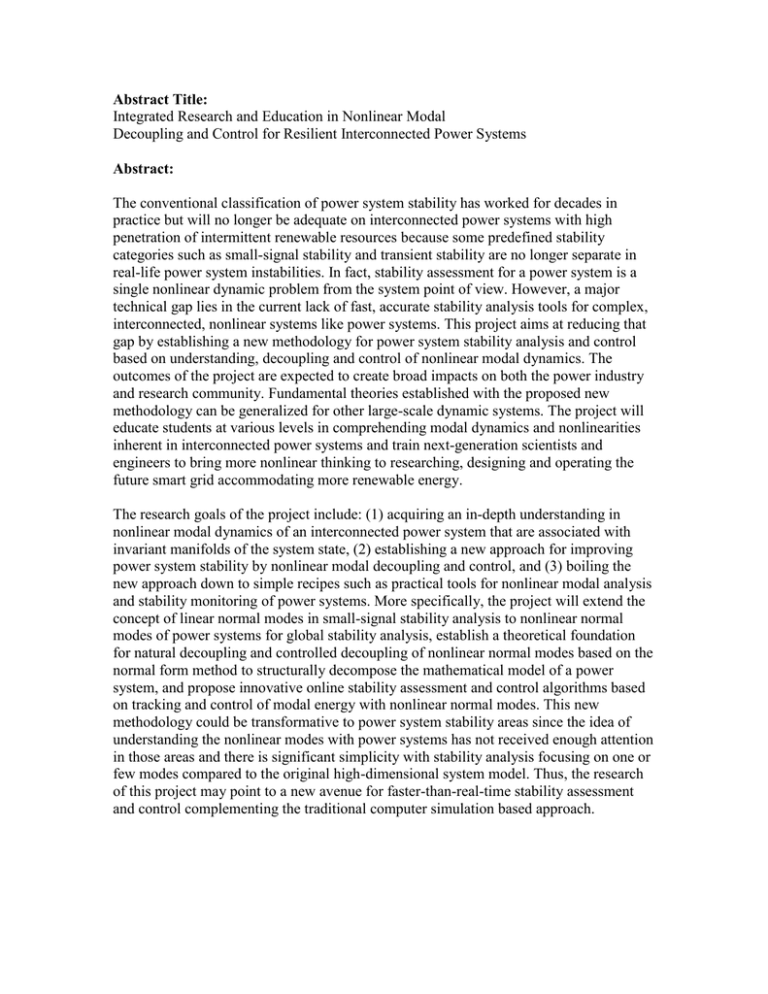
Abstract Title: Integrated Research and Education in Nonlinear Modal Decoupling and Control for Resilient Interconnected Power Systems Abstract: The conventional classification of power system stability has worked for decades in practice but will no longer be adequate on interconnected power systems with high penetration of intermittent renewable resources because some predefined stability categories such as small-signal stability and transient stability are no longer separate in real-life power system instabilities. In fact, stability assessment for a power system is a single nonlinear dynamic problem from the system point of view. However, a major technical gap lies in the current lack of fast, accurate stability analysis tools for complex, interconnected, nonlinear systems like power systems. This project aims at reducing that gap by establishing a new methodology for power system stability analysis and control based on understanding, decoupling and control of nonlinear modal dynamics. The outcomes of the project are expected to create broad impacts on both the power industry and research community. Fundamental theories established with the proposed new methodology can be generalized for other large-scale dynamic systems. The project will educate students at various levels in comprehending modal dynamics and nonlinearities inherent in interconnected power systems and train next-generation scientists and engineers to bring more nonlinear thinking to researching, designing and operating the future smart grid accommodating more renewable energy. The research goals of the project include: (1) acquiring an in-depth understanding in nonlinear modal dynamics of an interconnected power system that are associated with invariant manifolds of the system state, (2) establishing a new approach for improving power system stability by nonlinear modal decoupling and control, and (3) boiling the new approach down to simple recipes such as practical tools for nonlinear modal analysis and stability monitoring of power systems. More specifically, the project will extend the concept of linear normal modes in small-signal stability analysis to nonlinear normal modes of power systems for global stability analysis, establish a theoretical foundation for natural decoupling and controlled decoupling of nonlinear normal modes based on the normal form method to structurally decompose the mathematical model of a power system, and propose innovative online stability assessment and control algorithms based on tracking and control of modal energy with nonlinear normal modes. This new methodology could be transformative to power system stability areas since the idea of understanding the nonlinear modes with power systems has not received enough attention in those areas and there is significant simplicity with stability analysis focusing on one or few modes compared to the original high-dimensional system model. Thus, the research of this project may point to a new avenue for faster-than-real-time stability assessment and control complementing the traditional computer simulation based approach.

